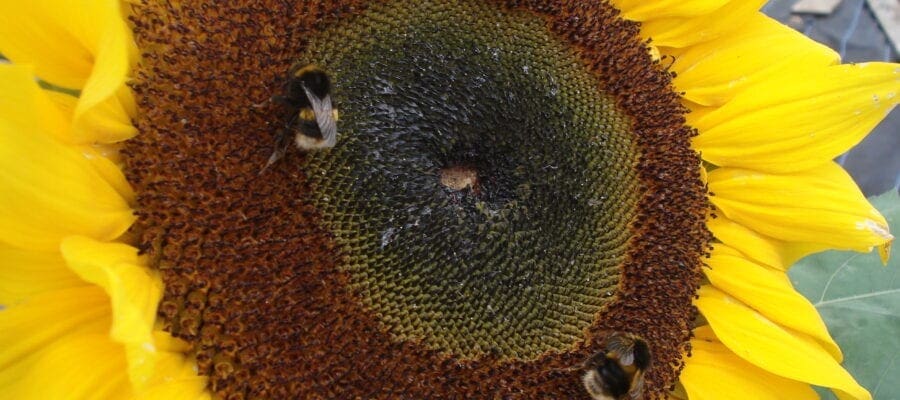A new study has shown that bumblebees acquire a taste for pesticide-laced food – a behaviour showing possible symptoms of addiction
A team from Imperial College London and Queen Mary University of London showed that while bees initially avoid neonicotinoid-treated food, as they become increasingly familiar with it, they develop a preference for it.
Lead researcher Dr Richard Gill, from the Department of Life Sciences at Imperial, said,
“Interestingly, neonicotinoids target nerve receptors in insects that are similar to receptors targeted by nicotine in mammals. Our finding that bumblebees acquire a taste for neonicotinoids ticks certain symptoms of addictive behaviour, which is intriguing given the addictive properties of nicotine on humans, although more research is needed to determine this in bees.”
The team tracked ten bumblebee colonies over ten days, giving each colony access to its own foraging arena in which bees could choose feeders that did or did not contain a neonicotinoid.
They found that while the bees preferred the pesticide-free food to begin with, over time they fed on the pesticide-laced food more and visited the pesticide-free food less. They continued to prefer the pesticide-laced food even when the positions of the feeders were changed.
Dr Andres Arce, also from Imperial College, said, “Many studies on neonicotinoids feed bees exclusively with pesticide-laden food, but in reality, wild bees have a choice of where to feed. We wanted to know if the bees could detect the pesticides and eventually learn to avoid them by feeding on the uncontaminated food we were offering.” The results of this study suggest that bees can indeed detect the pesticide – but then actively seek it out.
Find out more at
https://www.imperial.ac.uk/news/187907/the-more-pesticides-bees-more-they/











